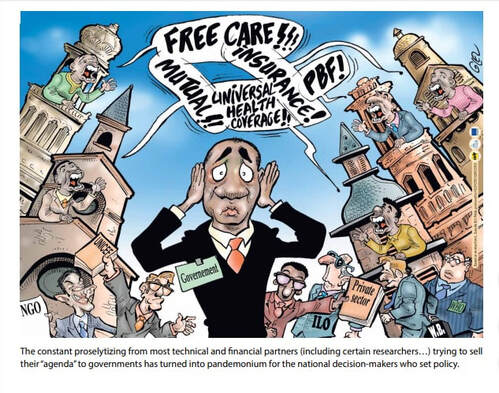 UK Health and Social Care secretary Sajid Javid signs an MOU with Kenya’s CS for Labour Simon Chelugi in the UK, with the president in attendance. Source: Alice Hodgson / No 10 Downing Street
UK Health and Social Care secretary Sajid Javid signs an MOU with Kenya’s CS for Labour Simon Chelugi in the UK, with the president in attendance. Source: Alice Hodgson / No 10 Downing Street This ignorant American, in his own country, seemed unaware that “I’m lovin it” was a phrase that had been popularized by the Justin Timberlake song “I’m loving it” and in a classic manipulation of culture by corporations, had become the tagline for McDonalds commercials. I said “I’m so loving” very aware of that dynamic. I was also teaching undergraduate American students. They said this all the time and I was simply borrowing a phrase from them.






 RSS Feed
RSS Feed
